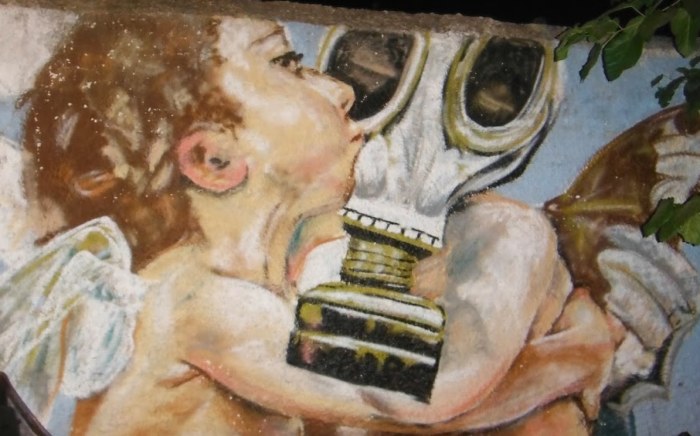This past weekend I had the pleasure of visiting one of my gardening mentors, Sheila Clarke, in Stratford, Ontario. Our gardening friendship is the product of Black Walnut Trees (Juglans nigra). Beautiful, hard wood specimens that provide wonderful shade and are also allelopathic. Black Walnuts produce juglone, a substance released into the soil through its roots, leaves, walnuts that severely restricts the growth and fruiting of many plants. I have two of these beauties right next to my garden.
Four years ago when Peace Flag House was in its inception I stood at the back door looking over a (tiny) snow covered backyard, dreaming of vegetables. Lots of food production interspersed with flowering plants to assist with pollination. I was so excited to really dig into urban farming beyond an apartment balcony.
That Spring, my first gardening season started off brilliantly. Some fresh organic soil, tomato seedlings, beets, carrots, squash, on and on. Everything grew into a fabulous jungle of potential food.
And then the tomato plants started turning black. The blossoms developed into small, misshapen tomatoes. The squash grew an enormous amount of leaf and vine. But upon closer inspection, there were only two very small squash on the vine. And the carrots and the beets? They were Barbie dolls: all tops and no bottoms.
Sigh. The list of failures goes on.
The first growing season wrapped up and I watched the Autumn come on with a broken urban farming heart. I lamented. No, actually I sulked.
| Sheila in her front yard garden. (Courtesy of the Stratford Beacon Harold) |
Enter Sheila Clarke - native plant gardener extraordinaire. I meet Sheila through Pascal’s Dad, Dennis. She has three (!) Black Walnut trees in her backyard and she adores them. I was intrigued that ‘Walnut’ and ‘adoration’ could be used in the same sentence. Sheila explained her philosophy: Black Walnuts prevent us from growing many people food items (not all, but many), however they do not prevent us from growing many foodstuffs for all the other creatures in our ecosystem (birds, butterflies, pollinators, toads, insects, small mammals, etc). Black Walnuts also encourage us to develop balanced, native plant ecosystems simply because very little else has adapted to grow beneath them. The result is a brilliant opportunity to re-develop native plant ecologies that support the very necessary lives of all the creatures we share our space with. Such a good reminder that we do not live in isolation, but in connection to “all my relations” (Leroy Little Bear, Naturalizing Indigenous Knowledge, 2009).
My sulky fog lifted. I had a new gardening purpose. My urban (humyn) farming endeavours would shift into container gardening and my backyard would become a native plant ecosystem, supporting all my relations that share in this backyard ecosystem.
This summer is our fourth growing season at Peace Flag House. The native plants are slowly developing. The garden is still dominated by day lilies (a gift from a neighbour) but the tide is turning. I’ve planted Joe Pye Weed, Purple Cone flower, Black Eyed Susans, Wild Geranium, Yarrow, Spiderwort, Goldenrod, Milkweed and Wild Ginger. In place of a lawn I have white clover (a soil builder with nitrogen fixing properties). I’m learning to let plants grow until I can identify them and determine whether they are a native plant returning or an invasive plant invading. I have plans for mayapple, jack in the pulpit, bergmot, bottlebrush, and virgin’s bower. The pollinators are abundant. It’s amazing to watch the garden and see the hundreds of tiny bodies moving about.
I’m certainly not yet to the level of Sheila, but visiting her garden gives me inspiration and hope. The wildness of the Peace Flag House yard is an urban farm of a different sort that is organically developing into a living, breathing ecosystem supporting many more than just us humyns.
For more information on native plants: Nith River Native Plants and High Park Native Plant Sale (every May!)
For more information on naturalized gardening: Stratford, Naturally and Green Gardening
For more information on Black Walnut Trees: Virginia Cooperative Extension
Leave a Comment
